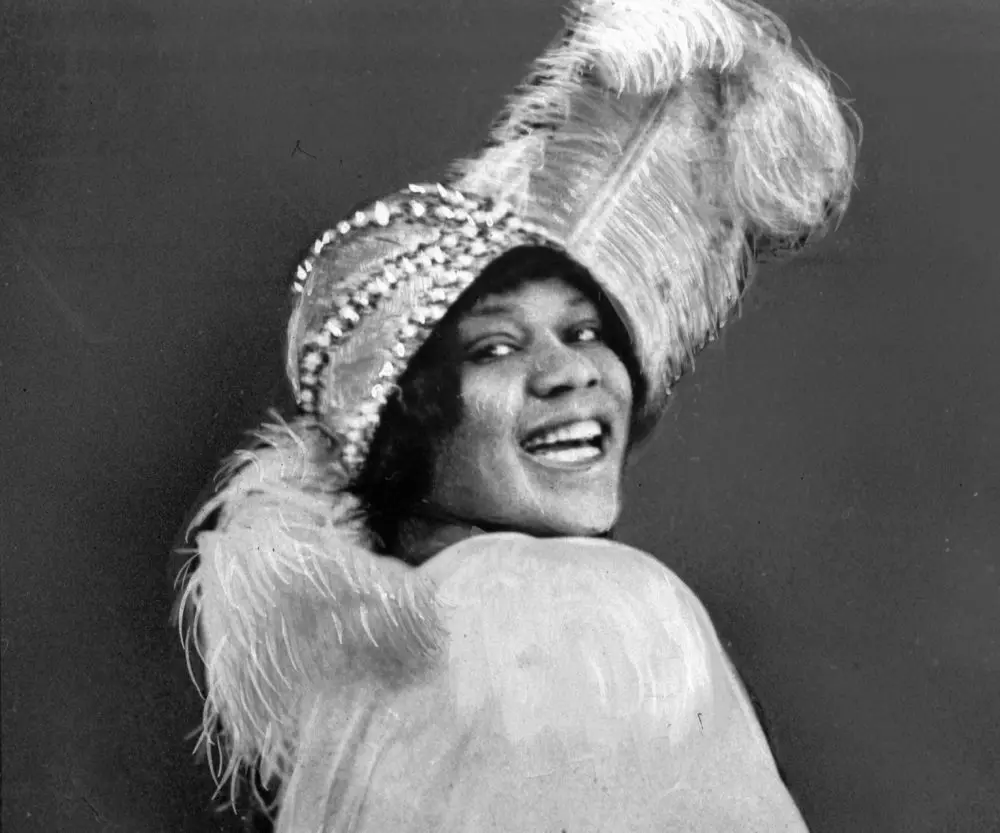Bessie Smith is one of the founding artists of blues and has had a tremendous and long-lasting effect on the genre, earning her the title “The Empress of Blues”.
Bessie Smith was one of six siblings, when she was young, she performed with her brother on the street in order to make money. Around 1912 she joined a musical group with her brother Clarence, which led her to be recognized by Ma Rainey, an extremely popular blues singer at the time.
Ma Rainey showed Bessie the ropes of the industry and they eventually toured together in minstrel shows. Soon after Bessie recorded her first two songs “Down Hearted-Blues” and “Gulf Coast Blues” which was wildly popular and gained her even more recognition as singer.
Later that year in 1923 Bessie signed with Columbia Records which, like many other record companies at the time, released “race records” which were records by black artist targeting black audiences specifically. Originally, she signed for 1500 dollars, while with Columbia records, she made music with some of the most prominent artist during the era, like Louis Armstrong. Eventually Bessie was becoming so popular, through her recordings, that she eventually began being paid 2,000 dollars a week for her performances and theatres would request additional nights to oblige with massive amount of ticket sells. This made her the highest paid black performer in the country at the time.
Her popularity came as a shock to some because many considered her to be a “rough” woman and a lot of her music expressed the views of independent or working-class women. In spite of some of the scrutiny of her music and the way she carried herself, Bessie projecting voice that filled theatres and recorded incredibly well over records, led her straight to the top, leading her be one of the most popular artists, at the time. Her impact on Blues as a genre is undeniable and is why she is still remembered today through the film and music industry. In 2015 a film starring Queen Latifah was made about the life of Bessie Smith simply titled Bessie.


